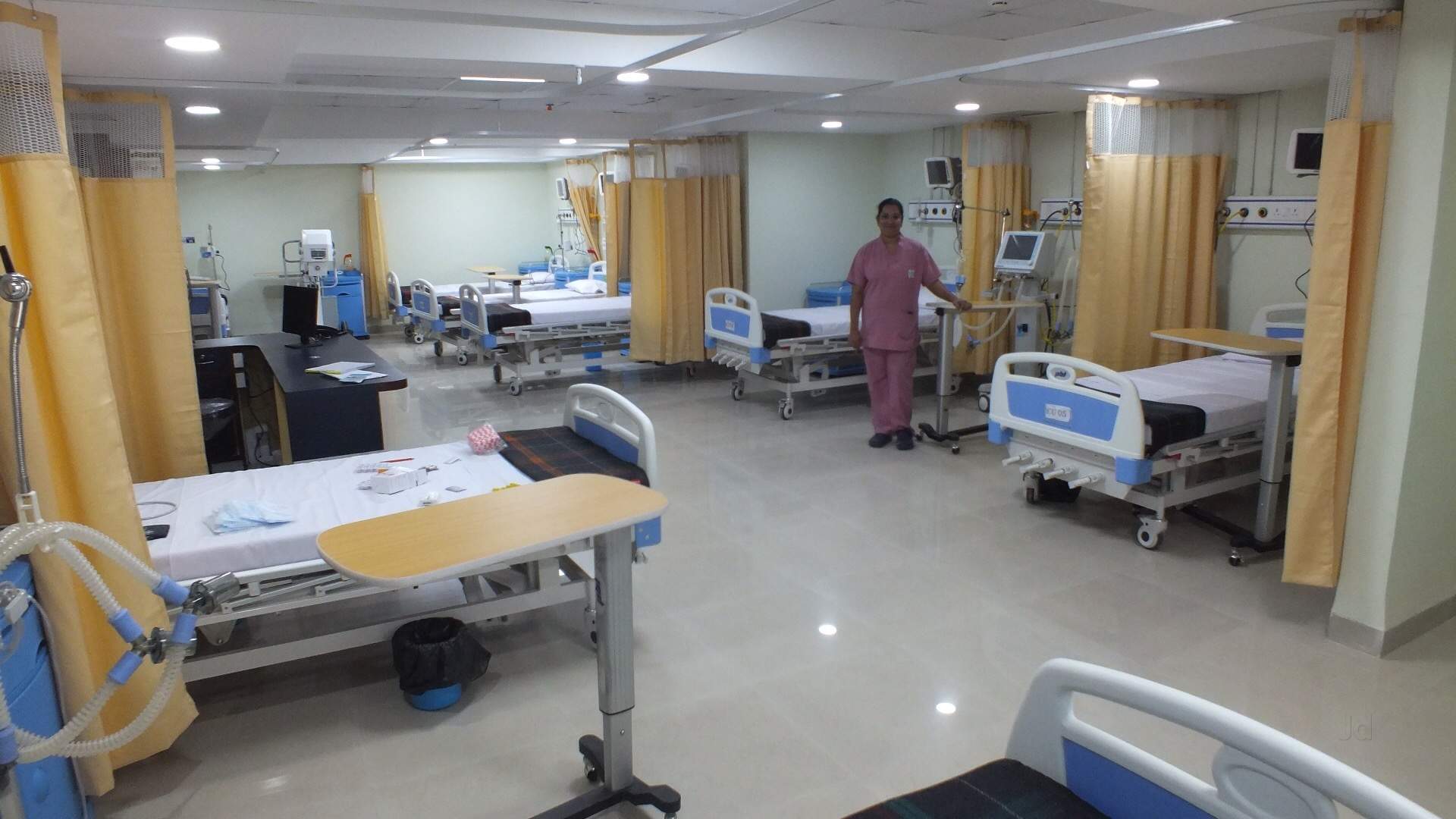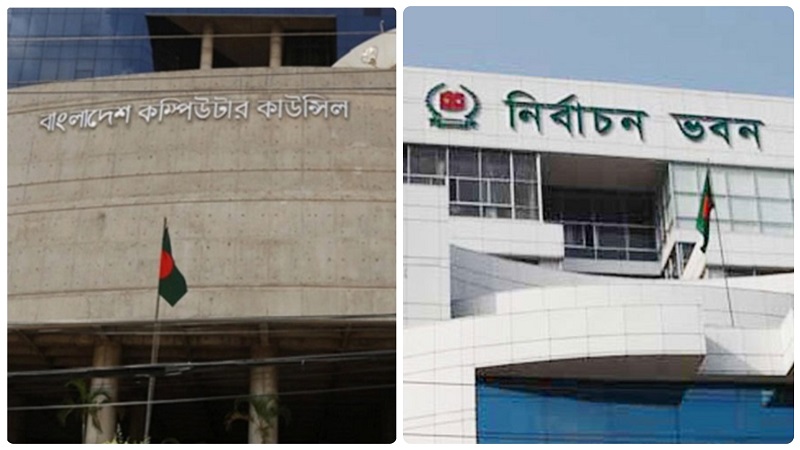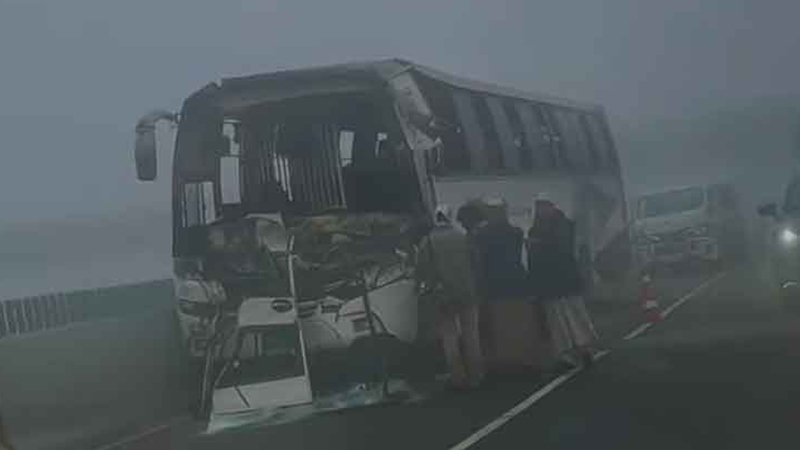Hundreds of private hospitals in the country are in operation without any licence with the authorities taking no actions for years.
The Directorate General of Health Services, the regulatory authority of hospitals, clinics, diagnostic centres and blood banks, takes visible actions only after incidents of gross irregularities are surfaced at such health facilities.
DGHS director general ABM Khurshid Alam on Wednesday said that hundreds of unlicensed hospitals and clinics are now in operation in the country.
Bangladesh Health Rights Movement president Rashid-e-Mahbub described the country’s health boss’ comment as a manifestation of the laid-back attitude of the regulatory authorities in curbing the errant health facilities.
Talking to journalists at the secretariat, DGHS DG Khurshid Alam said Wednesday that he had ordered the divisional directors and civil surgeons to prepare the lists of unlicensed hospitals and clinics.
‘We’ll visit all the hospitals across the country in one month,’ he said.
Khurshid said that only 6,067 health facilities in the country are licenced, including 2,130 hospitals and clinics, 3,856 diagnostic centres and 81 blood banks.
‘Countless number of health facilities are being operated without licence,’ he said, but DGHS director for hospitals Farid Uddin Miah said that they do not have any exact figure of unlicensed health facilities but it could be over 10,000.
The country’s health boss came up with the remarks hard on the heels of the killing of assistant superintendent of police in the capital at a drug rehabilitation centre which also operated as a mental health clinic.
He said that the clinic has no license issued by the DGHS.
Earlier on July 6, after the Rapid Action Battalion unearthed the gross irregularities at Regent Hospital, the DGHS and the law enforcement agencies embarked on a series drives at different hospitals, clinics and diagnostic centres in the capital and some of them were sealed off while others were fined.
The health ministry also set a deadline of one month for unlicensed health facilities to be licenced.
The DGHS faced an image crisis after the Regent Hospital scam had been unveiled.
It was found that the hospital’s licence had expired in 2014 though it secured a deal with the government to treat COVID-19 patients.
The anomalies found led to the removal of DGHS hospitals wing director Aminul Hasan, who was made officer on special duty.
The health ministry on July 24 set a deadline for obtaining licences for private health facilities and their renewal by August 23.
Though the deadline had been passed, the DGHS’s hospital wing received 13,043 applications for the registration of hospitals, clinics, diagnostic centres and blood banks, including 8,627 new applications as of October 1.
Until October 1, the country had only 5,483 licenced private health facilities, 3,481 of them got their licences for the first time and 2,002 of which had obtained their licences earlier and had them renewed as well, according to the DGHS record.
Private health facilities, including hospitals, clinics, diagnostic centres and blood banks are required to apply online for getting their licences or renewal of licenses with the DGHS each fiscal year.
The facilities are inspected by the DGHS after the applications are placed.
The condition of the health facilities, services, manpower, equipment and licenses from the narcotics directorate, environment directorate and fire service directorates are inspected by the DGHS.
Bangladesh Health Rights Movement president Rashid-e-Mahbub said that the public health was in jeopardy due to the nonchalant attitude of the government.
He said that despite being the regulatory authority, the DGHS remained handicapped due to its inaction over irregularities found in many hospitals.
The government policymakers display a laid-back attitude and it seems that addressing the core problems never crossed their minds, he said, adding, the DGHS should be facilitated with the required manpower to monitor the health facilities across the country.
‘If the DGHS fails, there should be an analysis of their failure and even another agency could be formed and assign the task of supervision.’
‘We want to ensure proper health services, by any means, and the government would have to ensure it by any means,’ said Rashid, a former president of Bangladesh Medical Association.
The DGHS hospital wing is run by an organogram that dates back to 1980, said Farid Uddin Miah, director of hospitals and clinics of the DGHS.
He said that the hospitals wing comprises mere 13 officers, including directors, people responsible for monitoring, inspection, evaluation and obtaining licenses of hospitals across the country and the district health officials and upazila-level health officials are working on













